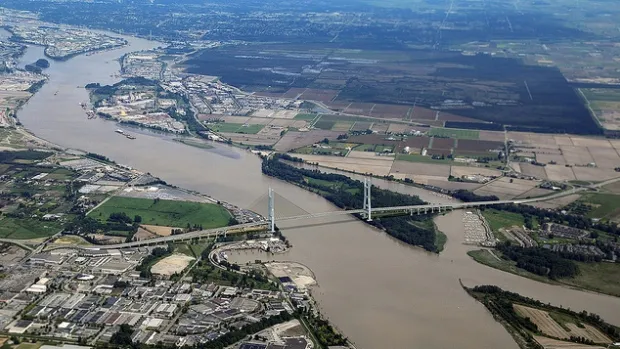Late in 2010 Macquarie Mexican Infrastructure Fund (MMIF), the first peso-denominated fund focused solely on investment opportunities in Mexican infrastructure projects, completed the acquisition of a northern Mexico highway package.
February 24, 2012
Read time: 2 mins

Late in 2010 2378 Macquarie Mexican Infrastructure Fund (MMIF), the first peso-denominated fund focused solely on investment opportunities in Mexican infrastructure projects, completed the acquisition of a northern Mexico highway package.
It acquired 100% of Desarrollos Carreteros del Estado de Durango (Decarred) from Rostec for approximately US$125 million.
The transaction marks MMIF's first acquisition since it was launched by Australia's Macquarie Group in December 2009.
Decarred has a 20-year contract granted by the State of Durango under a scheme to reconstruct, preserve and maintain ten existing toll-free highway stretches, totalling approximately 320km.
3016 Cemex Concretos, a subsidiary of CEMEX, completed reconstruction of the roads and will continue to perform the required maintenance and preservation services under a fixed-term contract for the duration of the contract which expires in 2029.
Jonathan Davis Arzac, executive chairman of MMIF, said: "The Decarred roads project displays all of the characteristics we look for in infrastructure assets. Decarred has a fully contracted revenue stream and is expected to generate predictable cash flows over the long term.
"We are excited to announce MMIF's first acquisition, which fits very well with the fund's investment strategy. Mexico has a very robust pipeline of opportunities and we are actively reviewing a number of projects across the country."
It acquired 100% of Desarrollos Carreteros del Estado de Durango (Decarred) from Rostec for approximately US$125 million.
The transaction marks MMIF's first acquisition since it was launched by Australia's Macquarie Group in December 2009.
Decarred has a 20-year contract granted by the State of Durango under a scheme to reconstruct, preserve and maintain ten existing toll-free highway stretches, totalling approximately 320km.
Jonathan Davis Arzac, executive chairman of MMIF, said: "The Decarred roads project displays all of the characteristics we look for in infrastructure assets. Decarred has a fully contracted revenue stream and is expected to generate predictable cash flows over the long term.
"We are excited to announce MMIF's first acquisition, which fits very well with the fund's investment strategy. Mexico has a very robust pipeline of opportunities and we are actively reviewing a number of projects across the country."









